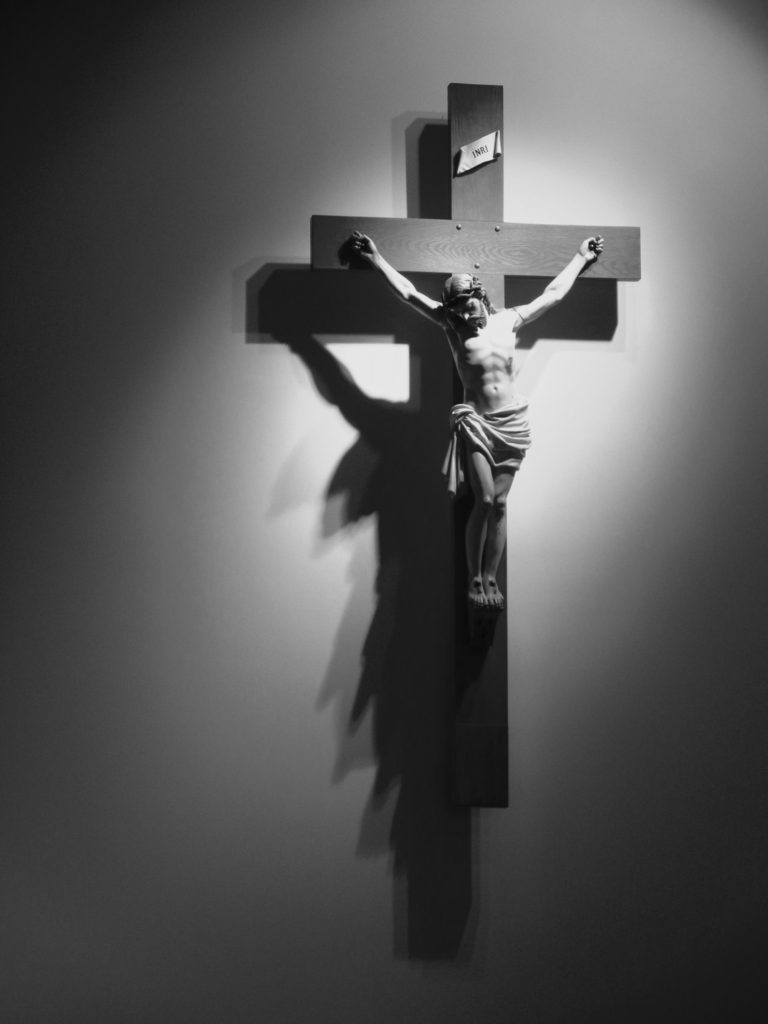
When my Gramma was dying in a palliative care facility in Paris, Ontario, she asked me to take communion with her. I gave it a great deal of thought, and then declined.
I could have done it. I was baptized and confirmed in the Anglican Church, which means that as far as the Church was concerned, there would have been no problem with me taking the bread and wine.
The problem was with me.
At that point, I had long since stopped going to church, despite having two excellent godmothers who have never stopped trying to encourage my faith. I stopped when I realized that I could get through an entire church service, saying all the right words at all the right times, without ever once cracking open the prayer book. I wasn’t even thinking about those words anymore; my faith was on autopilot. If you could even call it faith, anymore.
Worse, I was having trouble believing in the Resurrection as anything more than a story. Christ as an historical figure? Sure. Christ as a man who came back from the dead? That was a step further than I was willing to take.
So when Gramma asked me to take communion with her, I felt sick at the idea of betraying her faith by pretending to have one of my own.
When I spoke with one of my godmothers the next day, she told me that I’d made the wrong choice. It was far more important to comfort my grandmother in that moment than to cling to my own ideals. I didn’t argue, but I couldn’t agree.
So this week when I accompanied my mother to the funeral of a family friend, I stood back and watched her go up to the communion rail, alone. I watched as she circled around the church and back to our pew, aided by one of the ushers, a stranger. It occurred to me later that maybe I should have gone up to stand beside her while she communed with her saviour, that that wouldn’t have been a hypocritical act. Maybe I should have been the one to lend her my arm and my strength as she walked back to her seat. Maybe in my attempt to respect her faith, I was denying her something that she needed more than my respect: my love.
Later that day, someone pointed out to me that when in Rome, you do as the Romans do. Meaning that I should have taken communion, whether I believed in the act or not. But it was so important to me not to be a hypocrite.
My mother cried when she came back from communion. Not, I think, because of anything I’d done or not done, but because she’d had a taste of something she’s been missing. She felt like she was home; I did not. Would I have felt differently if I’d taken the wafer onto my tongue? I don’t know.
Twenty years ago, I was so sure that it would be disrespectful to take communion, even though I was invited to. Two days ago, I felt the same. Now I’m wondering: by upholding my ideals, have I let down my ancestors? Did my Gramma understand? Does my mother?
Right now, I’m not even sure if I do.
Previous